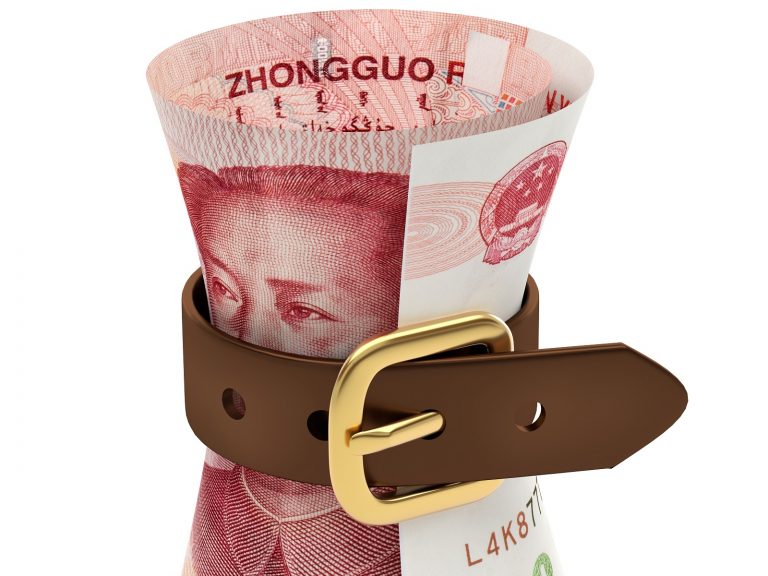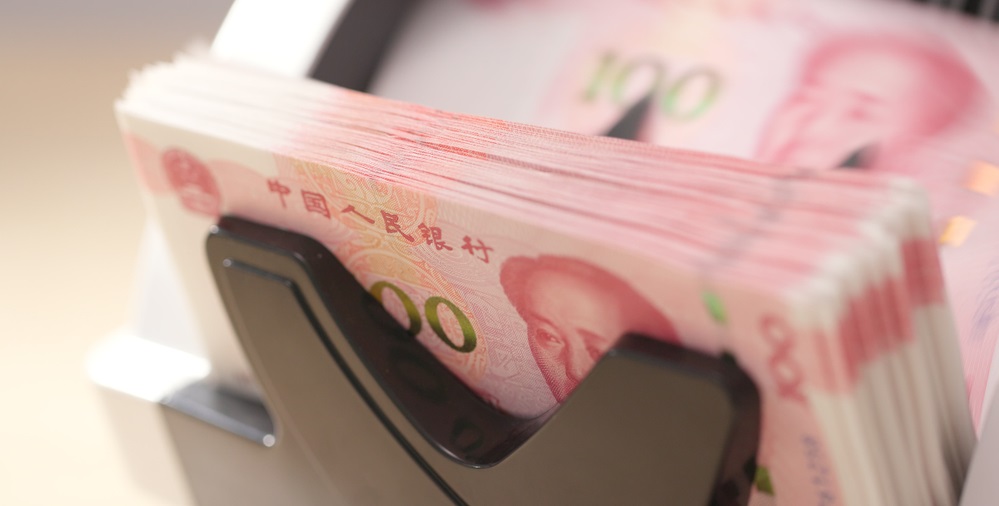
For various reasons, a growing number of nations are experiencing the rapid development of cashless society. Paper money may become extinct in some countries in the not-so-distant future. Prompted by the spread of private and decentralized cryptocurrencies and the threat of losing control over their monetary policies, more and more governments are now working to create central bank issued digital currencies to replace banknotes and coins. China has joined the campaign against cash, although not at the expense of centralized monetary power.
Also read: Japan Pushes Cashless Agenda by Rewarding Non-Cash Payments After Tax Hike
China to Trial ‘Large-Scale Cash Management’
In a move that many consider part of Beijing’s plans to introduce a digital version of the national fiat, the yuan, the People’s Bank of China (PBOS) has revealed plans to implement pilot programs aimed at exerting greater control over cash transactions. According to a notice issued by the central bank, the trials will be conducted in three Chinese regions, the provinces of Hebei and Zhejiang and Shenzhen City, within the next two years.
In a report addressing fears that the initiative will restrict public access to cash, the state-run news agency Xinhua explained that despite the rapid development of non-cash payment platforms in recent years, the total amount of cash in circulation has remained at a stable level while large-volume cash transactions have in fact continued to grow. Besides, these have been concentrating in specific areas, groups of people and periods, arguably lowering the overall efficiency of cash flow.

PBOS shares its own reasons to implement the new control mechanism. Large amounts of cash are widely used in China, the bank points out, and they are exploited in criminal activities such as corruption, tax evasion and money laundering. The



